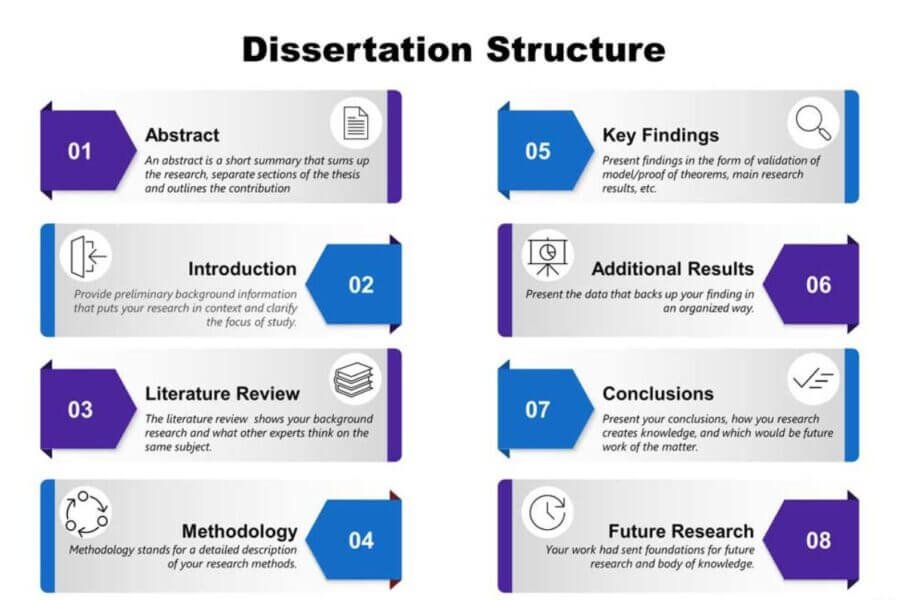Academic intelligence is a broad notion that includes a variety of intellectual skills, abilities, and characteristics required for achievement in educational contexts. This broad word goes beyond memorizing facts and test-taking ability, diving into the complex web of cognitive abilities that people use to learn, understand, and integrate learning across multiple academic subjects.
Cognitive Abilities: The Basis of Academic Intelligence
Fundamental cognitive abilities are at the heart of academic intelligence, serving as the foundation for academic capability. These skills include thinking critically, Problem-solving, and memorization.
Critical thinking
It is an essential component of academic intelligence, requiring the capacity to critically analyze and assess information, arguments, and ideas. Individuals must examine facts, detect logical errors, and draw rational conclusions.
Problem-Solving
Individuals with exceptional academic intelligence excel in using logical analysis to tackle challenging issues and arrive at feasible solutions if they are interpreting complex algebraic formulas, tackling scientific theories, or resolving historical concerns.
Memory
Effective memory management allows for an effortless combination of fresh information with prior expertise, resulting in a more in-depth and complex comprehension of the subjects.
Academic Skills: A Tangible Expression of Intelligence
Academic intelligence is primarily academic, but also practical, manifesting itself via a range of talents specific to various disciplines.
Reading Comprehension
Academic intelligence refers to having the capacity to comprehend, understand, and synthesize knowledge from a variety of sources of information, helping students traverse the quantity of written content presented in educational settings.
Writing Skills
Academic intelligence is characterized by the ability to communicate concepts and thoughts coherently in writing. In case you need any help regarding academics switch to one of the top-tier services known as Best CIPD Assignment Help for the best assistance
Mathematical Abilities
It entails more than just computations; it also requires a thorough comprehension of mathematical principles and the implementation of quantitative analysis to practical issues.
Learning Styles: Customizing Intelligence for Individual Preferences
Academic intelligence recognizes various methods of learning because people acquire content in numerous forms. These involve visual, aural, and tactile learning styles.
Visual Learners
Certain people flourish on visual stimulation. Charts, graphs, infographics, and visuals help people retain and comprehend information better.
Auditory Learners
Others value listening and verbal conversation as essential learning tools. Lectures, discussions, and audio materials are the most common ways to learn.
Kinesthetic Learners
Physical involvement and active encounters are essential components of the educational process, promoting a better grasp of academic topics via practical application.
Recognizing and adapting these different learning styles helps build a complete intellectual ability that is tailored to individual inclinations and abilities.
Adaptability: Managing The Ever-Changing Landscape of Learning
Academic intelligence goes above basic knowledge retention; it also includes flexibility and an eagerness to welcome fresh perspectives and concepts.
Flexibility
Being capable to adjust for fresh material, changing situations, and developing academic paradigms is a sign of academic intelligence. Flexible minds may smoothly incorporate innovative ideas into their already established frameworks, allowing for ongoing learning.
Open-Mindedness
Academic intelligence entails more than simply knowing existing facts; it also necessitates an openness to fresh thoughts and opinions.
Motivation and Engagement: Developing A Love of Learning
Inbuilt inspiration and genuine enthusiasm are vital elements of academic intelligence, influencing an individual’s strategy for learning.
Intrinsic Motivation
Aside from external advantages, people with outstanding academic intelligence have a natural desire to seek knowledge for the mere joy of information gain. This internal motivation keeps them committed to their education, instilling a lifetime love of learning.
Interest & Curiosity
A curious mind is an ideal environment for academic brilliance to thrive. Students who are genuinely interested in a topic are more likely to dive deeper, ask provocative inquiries, and enthusiastically study the complexities of academic fields.
Time Management: Coordinating the Ensemble of Academic Demands
Successfully managing the academic terrain needs strong management of time and attention to detail.
Organizational Skills
Effective time scheduling and organization are critical for academic achievement. Organized people can manage various activities, assignments, and deadlines while reducing pressure and optimizing their learning experience.
Prioritization
Academic intelligence entails determining the relevance of work and devoting time and energy appropriately. Prioritization assures that individuals concentrate on crucial goals, maximizing their attempts for academic success.
Social and Psychological Intelligence: Managing Social
Academic intelligence goes beyond the personal ability to encompass social qualities that are critical for achievement in cooperative as well as mentally driven academic settings.
Collaboration
Academic intelligence includes a willingness to collaborate successfully with partners and use pooled talents to accomplish shared objectives.
Communication Skills: Bridge Gaps in Understanding
Academic intelligence requires straightforward and efficient communication abilities, which facilitate the sharing of thoughts and expertise production.
Oral Communication
Individuals with strong intellectual abilities can clearly and precisely explain complicated topics in class discussions, presentations, and debates.
Presentation Skills
Presentation abilities increase the influence of academic speech by rendering complicated ideas understandable to a wide range of listeners.
Research Skills: Navigating the Information Landscape
In the information era, academic intelligence entails the capacity to deal with and derive useful ideas from a diverse range of sources.
Information Retrieval
Obtaining and retrieving helpful data from numerous sources is an essential research ability. Academic intelligence provides people with the resources necessary to filter over the material, identify reputable sources, and efficiently synthesize knowledge.
Data Interpretation
The capacity to analyze data is essential in areas that range from science to social science. Academic intelligence refers to the ability to understand data, develop significant inferences, and make a contribution to the development of knowledge within a specific discipline.
Assessment and Evaluation: Measuring Mastery While Discovering Areas for Improvement
Academic intelligence is more than just collecting knowledge; it also involves critically assessing one’s comprehension.
Test-Taking Skills
Effectiveness in test-taking is a practical indication of academic ability. Individuals who can manage examination pressure and showcase their expertise through assessments display mastery of the content.
Conclusion: A Holistic Approach To Academic Intelligence
To summarize, academic ability is a multidimensional concept that goes beyond standard conceptions of intelligence. It includes cognitive skills, learning styles, flexibility, motivation, time management, social and emotional intelligence, communication abilities, research knowledge, and self-evaluation. This holistic perspective acknowledges the changing and linked complexities of intellectual abilities that impact academic performance.







Sign up